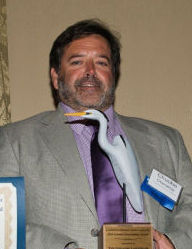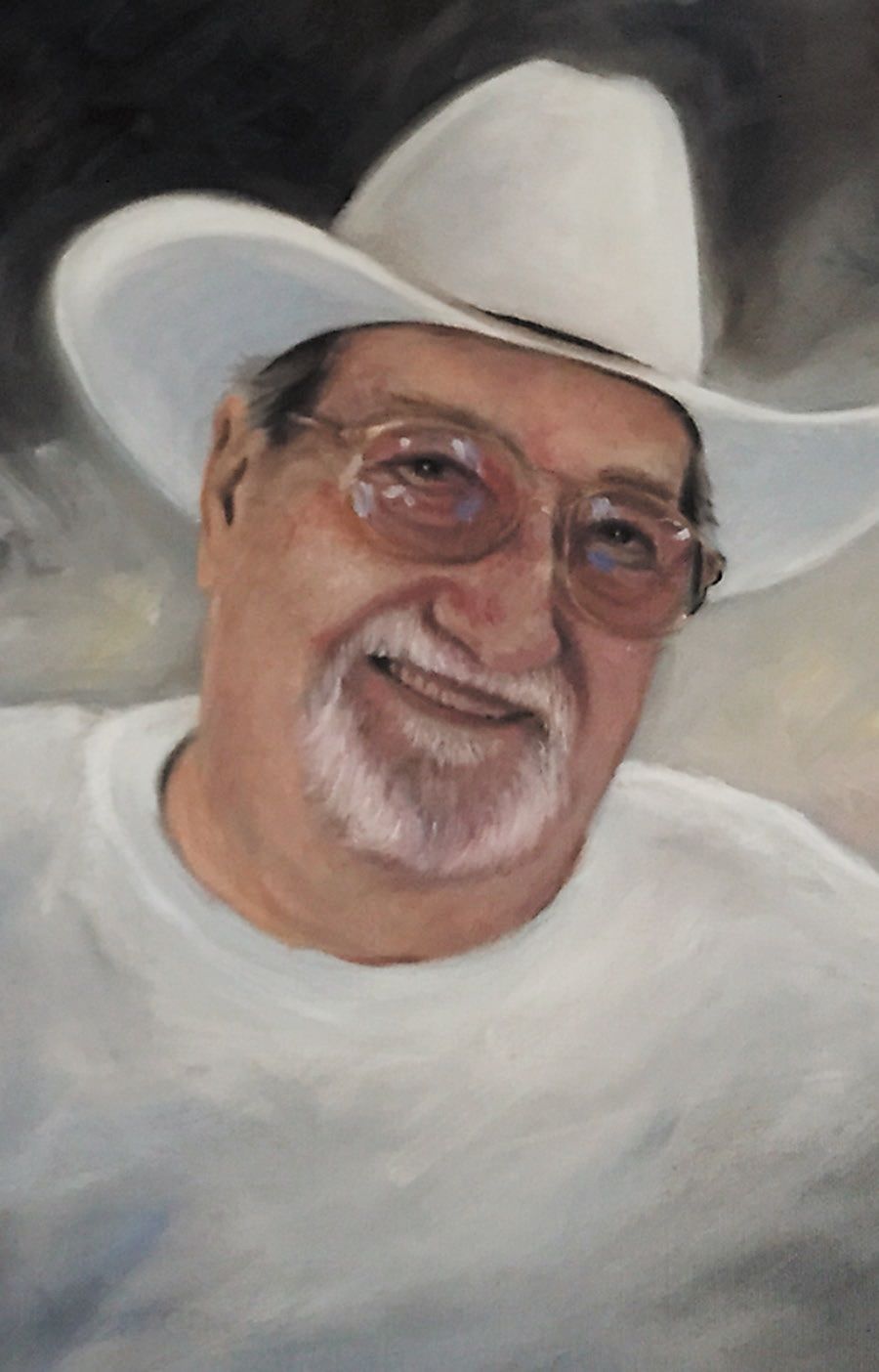Irene Savoie
September 23, 2015
Parish president candidate, councilman disqualified from races
September 23, 2015Joseph “Joe” Boudreaux was one of those guys that epitomized hard work ethic and determination.
Born in Lafitte, La., in 1932, to Emile and Blanche Boudreaux, life was no picnic for Joe during his childhood. When he was 18 months old, Joe’s father cut his leg and died of an infection soon after.
His mother moved the children to Cut Off, but with Joe being the youngest of four, he was left to provide for himself and his mother when his siblings moved out of the nest.
Joe started working in the Cut Off sugarcane fields when he was around 8- or 9 years old for 25 cents a day, said his son, Chad Boudreaux.
When he was about 12 years old, Joe left school to collect tolls on the old wooden Ducos Bridge, which crossed Cut Off Canal near the sugar planter’s home and general store on La. Highway 308. According to “Lafourche Parish,” a historical work by Clifton Theriot, the toll was 5 cents to cross on foot and 10 cents to cross by vehicle during that time.
Even at such an early age, though, Joe had higher aspirations than to collect tolls. He soon went to work on a tugboat.
He was a hard worker and fast study, so he quickly moved up the ranks and by the time he was 15, he was the captain of that tugboat.
“He only had a sixth-grade education, but it was amazing how smart he was,” Chad said. “He was amazing with numbers. He taught himself how to draw blueprints.”
Joe soon went to work on offshore drilling rigs as a driller and tool pusher, where he again impressed his bosses with his abilities. He earned a reputation as a “legend on the rigs” amongst his peers, Chad said.
Chad never saw his father running late for work; the man was up every day at 4 a.m. He worked seven days on and seven days off for 20 years, but grew tired of the brutal schedule by then.
Joe started doing carpentry work instead. He built homes for local contractor Wiley “Bala” Pierce, Joe’s stepson from a second marriage, Edmond Reed said.
He often took his children crabbing, fishing and hunting.
Edmond recalled a trip to Bason’s Marina in Cut Off where Joe spotted a beat-up wheelbarrow in a trash pile in the back. That day changed Joe’s life forever.
“He spotted it,” Edmond said, “and he said, ‘That’s still a good wheelbarrow.’”
He took it home, repaired it and slapped a new coat of paint on it.
In 1965, Joe had just finished building a new house when the owner asked if Joe was willing to put the wheelbarrow to use and dig a cesspool for it. Joe agreed and Joe’s Septic Contractors was born.
It was backbreaking labor. Joe would hire neighborhood kids, friends and even recruited his sons to help dig the hole by hand. He laid cinder blocks by hand to create the enclosure and cart oyster shells in that same wheelbarrow to fill it.
After the job was done, he meticulously cleaned up the area, leaving not one shell behind.
Afterward, Joe would place a sign in the happy customer’s yard that said, “Another quality job by Joe’s Septic.” His reputation for perfection led to his success.
Edmond started helping his stepfather when he was 8 years old in order to earn enough money for a mini-bike.
“He had cut the handle for the shovel for me … and I had my own shovel,” Edmond recalled. “He said he was going to make it my height. He said, ‘We’re going to cut it down to size.’”
It wasn’t long before Joe bought an old 1954 Ford Backhoe for digging.
He was ingenious in how he got it around the parish. He made a hole in the bucket and a hole in the bed of his flatbed truck and stuck a rod through them both to lock it in place.
He towed the backhoe like that for years. State troopers would pull him over just to marvel at the simplicity of it.
“Well, eventually, the rear gear blew up after towing it like that,” Edmond said.
The critical gear shattered “into a hundred pieces,” Chad recalled.
A new one would’ve cost $700. Joe had the boys pull the shards out and he painstakingly welded the gear back together.
It took hours.
That backhoe’s engine died two years ago, but “we buried it with the rear gear still working,” Edmond marveled.
Now, Joe’s children run his business, which started with a junk wheelbarrow and some sweat.
Today, it employs 25 people and has a fleet of trucks.
“He taught me how to be a man,” Edmond said of his stepfather. “He taught us how, if you wanted something, you had to work for it.”












